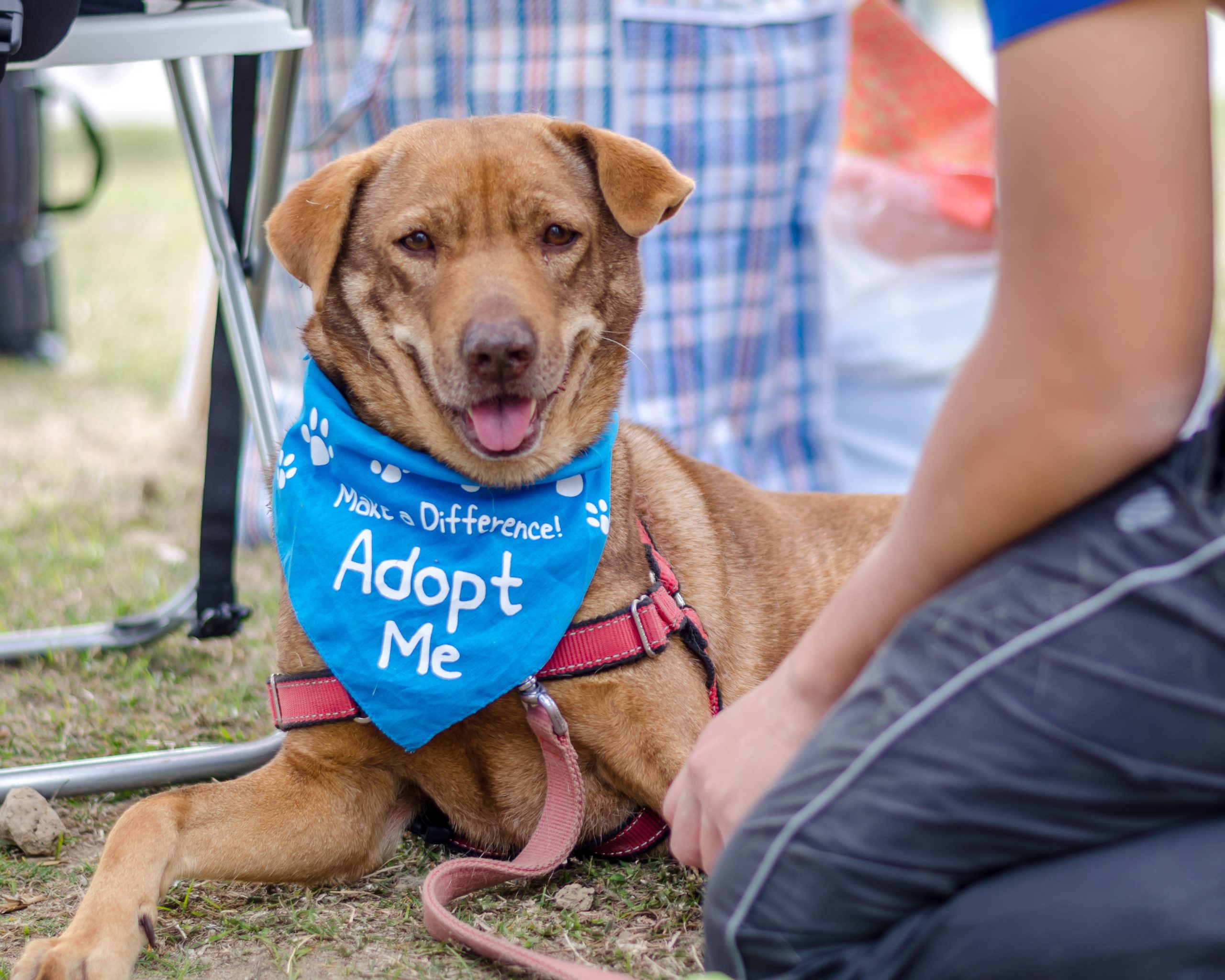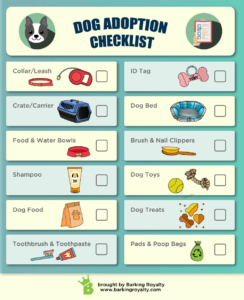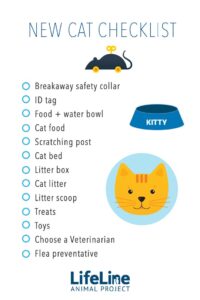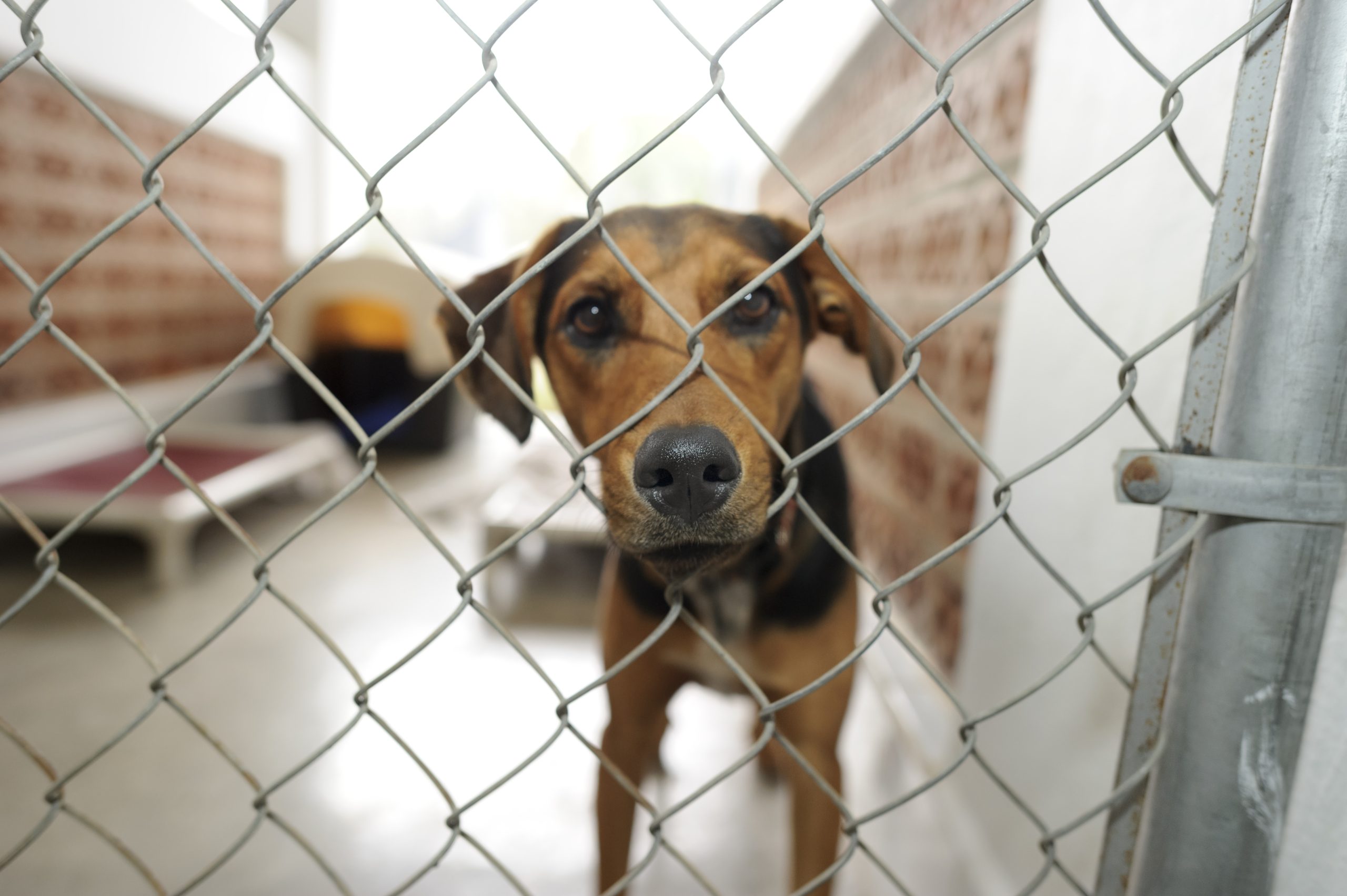-
Adopt
-
Veterinary Care
Services
Client Information
- What to Expect – Angell Boston
- Client Rights and Responsibilities
- Payments / Financial Assistance
- Pharmacy
- Client Policies
- Our Doctors
- Grief Support / Counseling
- Directions and Parking
- Helpful “How-to” Pet Care
Online Payments
Referrals
- Referral Forms/Contact
- Direct Connect
- Referring Veterinarian Portal
- Clinical Articles
- Partners in Care Newsletter
CE, Internships & Alumni Info
CE Seminar Schedule
Emergency: Boston
Emergency: Waltham
Poison Control Hotline
-
Programs & Resources
- Careers
-
Donate Now
 Are you thinking about getting a pet? Whether you want a dog, a cat, a hamster, or even a horse, you can give an animal a wonderful new home through adoption. Each year, shelters and rescue groups take in dogs and cats who find themselves homeless due to various circumstances.
Are you thinking about getting a pet? Whether you want a dog, a cat, a hamster, or even a horse, you can give an animal a wonderful new home through adoption. Each year, shelters and rescue groups take in dogs and cats who find themselves homeless due to various circumstances.
Adopting a pet from a shelter can be a rewarding experience. We met with Deb Bobek, Director of Operations for the MSPCA-Angell’s Boston Animal Adoption Center and Community Clinic, to learn more about what to expect when adopting a pet from the organization.
What’s the first thing a person should do if they want to adopt a pet?
Deb Bobek: The best way to start is to figure out what kind of animal you want to adopt. The MSPCA-Angell has cats, dogs, and other animals like rabbits, birds, and guinea pigs. We see a wider variety of animals at Nevins Farms, like horses, goats, cows, chickens, and roosters.
Doing your homework before visiting will help with adoption. One of the most important aspects to consider is your current lifestyle. What is your home environment like? What interests do you have? What kind of things do you want to be able to do with your animals? Let’s say that you want to adopt a cat – do you want a cuddly cat or a more independent cat? Are you willing to take on any medical or behavioral concerns? Is there an age range or particular sex you’re looking for? But, most importantly, how does this animal fit into my lifestyle – what do I want the time I spend with my adopted animal to look like, and what am I hoping to get out of this human-animal relationship?
After a person decides on what type of animal they want, how does the MSPCA-Angell help with adoption?
Deb Bobek: After you decide on the best animal for you and your lifestyle, I recommend starting with our website to see what we have available. Then once you choose, the staff at the MSPCA will step in and help you with the matchmaking process; this is where we pair an animal to what you’re looking for and what your home environment is like. This is key to helping to make the match successful. Say, if somebody already had three cats and we knew a new cat wouldn’t be successful living with others, we wouldn’t make that match. Or if the potential owner was too busy to train a puppy, we may suggest adopting a senior pet who’s already trained and knows commands. We are always looking to ensure that we can create that human-animal bond and help that person maintain that bond over time. This is why conversation-based matchmaking is essential, so we know it’s a good fit for both the animal and the human.
Then once you choose, the staff at the MSPCA will step in and help you with the matchmaking process; this is where we pair an animal to what you’re looking for and what your home environment is like. This is key to helping to make the match successful. Say, if somebody already had three cats and we knew a new cat wouldn’t be successful living with others, we wouldn’t make that match. Or if the potential owner was too busy to train a puppy, we may suggest adopting a senior pet who’s already trained and knows commands. We are always looking to ensure that we can create that human-animal bond and help that person maintain that bond over time. This is why conversation-based matchmaking is essential, so we know it’s a good fit for both the animal and the human.
We also ensure that we provide new owners with the support needed to help maintain their lifelong relationships, like offering our onsite behavior training classes at our Boston and Methuen Adoption Centers. We have programs in place for people to maintain that relationship with their animals.
How do you help a prospective owner who comes to the shelter looking for a particular breed, such as a goldendoodle or a Bengal cat?
Deb Bobek: Those kinds of breeds are rare in the adoption center setting, so if that’s what they’re looking for, it could be hard for us to match them. Adopting then comes down to timing; if we get a rare breed of animal into the adoption center, most likely, we will receive hundreds of applications. We work through those inquiries based on the date and time received and the likelihood of a good match. My best advice is that if a person has their heart set on a purebred animal, then they either have to be very patient and keep checking our website, or they can do their research to find a reputable local breeder.
How should a new owner prepare to bring their pet home after adoption?
 Deb Bobek: A new owner would need the basics (for example, food, litter boxes, and X-pens), depending on the type of pet they adopt. Before leaving the shelter, we ensure all adopted animals are appropriately spayed/neutered and get their necessary vaccines. By doing this, owners don’t need to see a veterinarian immediately. We don’t encourage bringing your new pet to a vet immediately unless there is an immediate medical need; it’s best to avoid anything that may be stressful for the animal. It’s a good idea to let your new pet settle in and get used to their new environment before introducing any potentially stressful interactions.
Deb Bobek: A new owner would need the basics (for example, food, litter boxes, and X-pens), depending on the type of pet they adopt. Before leaving the shelter, we ensure all adopted animals are appropriately spayed/neutered and get their necessary vaccines. By doing this, owners don’t need to see a veterinarian immediately. We don’t encourage bringing your new pet to a vet immediately unless there is an immediate medical need; it’s best to avoid anything that may be stressful for the animal. It’s a good idea to let your new pet settle in and get used to their new environment before introducing any potentially stressful interactions.
Once the adoption is completed, the MSPCA-Angell is always available for new owners — we continue to support an owner’s lifelong relationship with their pet. So before they leave, new owners get lots of information, including printed handouts and a conversation with their adoption counselor. We review all medical and behavioral issues and all those basic adoption things you need to know to bring the animal into your house. And then, as I said, we are available for follow-up questions afterward.
follow-up questions afterward.
What are some of the responsibilities of a new pet owner?
Deb Bobek: It depends on the animal you adopt, but as a new owner, you commit to providing appropriate basic needs, such as shelter, food, water, and yearly vaccinations.
One of the things that I emphasize a lot with people is getting to know the animal and respecting them for who they are. Suppose you adopt a cat that takes a little longer to warm up to you. Give your cat the time to adjust to you and their new surroundings. Don’t try to pet or snuggle him if he does not wish to be touched. It’s just so important to take the time to read your animal, see what they’re saying to you, and watch its body language. As you get to know your pet and respect what they’re telling you, you can build a stronger relationship with them in the future.
What should you do after bringing home your new shelter pet on the first day and the following weeks?
Deb Bobek: You take it daily and meet your animal where it is. This means if you immediately take your cat home and it’s hiding under the bed, offer it some treats, bring it some food, and give it some time to warm up and come out of hiding. Transitioning from the shelter to a new home can be stressful for animals. It can take time for the animal to warm up to the new environment. It’s rare to bring an animal home and immediately, they’re fine in their new environment.
 Remember what we counseled you on as it relates to your animal. Take the time to learn, watch, and meet all the animal’s basic needs — clean the litter box and refill its bowl with fresh water. Transitions are stressful for humans, and they’re stressful for animals. The animal you bring home on day one isn’t going to necessarily be the animal you have three weeks from now – that transition time is essential.
Remember what we counseled you on as it relates to your animal. Take the time to learn, watch, and meet all the animal’s basic needs — clean the litter box and refill its bowl with fresh water. Transitions are stressful for humans, and they’re stressful for animals. The animal you bring home on day one isn’t going to necessarily be the animal you have three weeks from now – that transition time is essential.
If a new owner calls the animal shelter and says, “This isn’t working out,” do you take the pet back or tell the owner to give it a few more weeks for adjustment?
Deb Bobek: Everything is circumstantial. We’re not here to make any judgments and will welcome the animal to come back into the shelter setting.
It’s a difficult decision to surrender a pet, so we want to make sure that process is as painless as possible. There are many reasons why someone might not be able to keep their pet anymore, and it’s not up to us to determine that. What we do, however, is make sure that we are providing appropriate resources to try to preserve the human-animal bond.
A person may be considering surrendering an animal but needs some support. We’re here to provide them with food, behavioral counseling, or coaching them through something they’re struggling with to preserve that bond. But if they’ve decided that owning a pet isn’t right for them, we welcome them to rehome the animal on their own so that the animal’s not coming back into the shelter setting, which can be stressful for animals. If that isn’t an option, we will work with them on surrender and do our best to make their pet as comfortable as possible at our adoption center.
coaching them through something they’re struggling with to preserve that bond. But if they’ve decided that owning a pet isn’t right for them, we welcome them to rehome the animal on their own so that the animal’s not coming back into the shelter setting, which can be stressful for animals. If that isn’t an option, we will work with them on surrender and do our best to make their pet as comfortable as possible at our adoption center.
What are some final tips you can suggest for a successful adoption?
Deb Bobek: First of all, make sure you know what lifestyle, interests, and home environment you would like so that we can help you make a good match in terms of personality, health, and behavior.
Another tip is to be a good student of the adoption process. We take the time to counsel and guide you on managing your new pet, so it’s essential to listen and ensure you understand. Continue that education when you bring your new pet home by trying to understand your animal and paying attention to what your animal wants.
Also, this is important – everyone in your family needs to be on board with adopting a pet. We are here to build lifelong relationships between adopters and their pets.
Lastly, if new owners have questions or need help, we are here to be a resource to people as they transition into their new homes and throughout the animal’s lifetime. We want people to know that if they adopt from the MSPCA, they’re forever part of the MSPCA family.

Interested in adopting a pet? Search for your new animal friend today!



